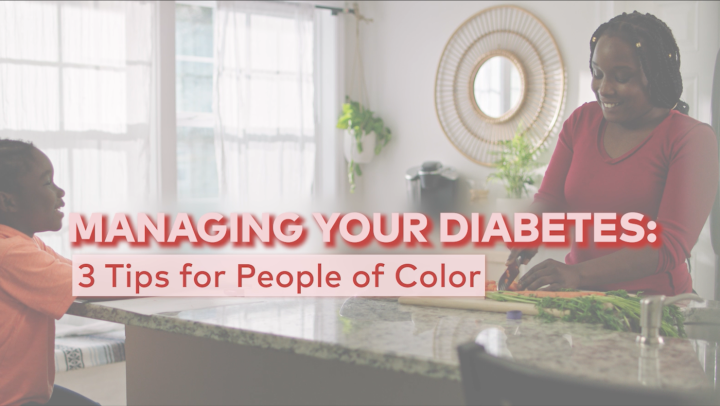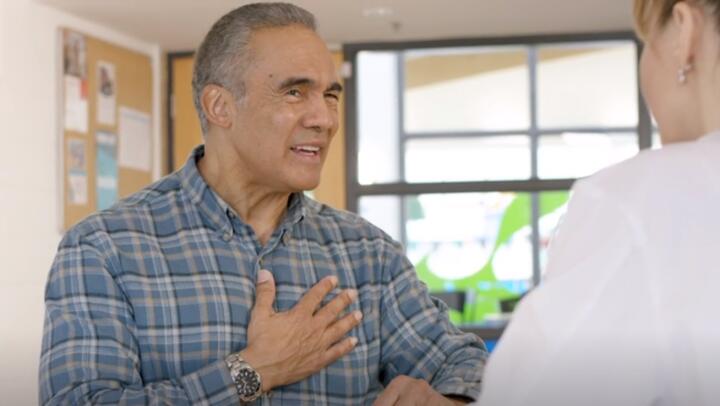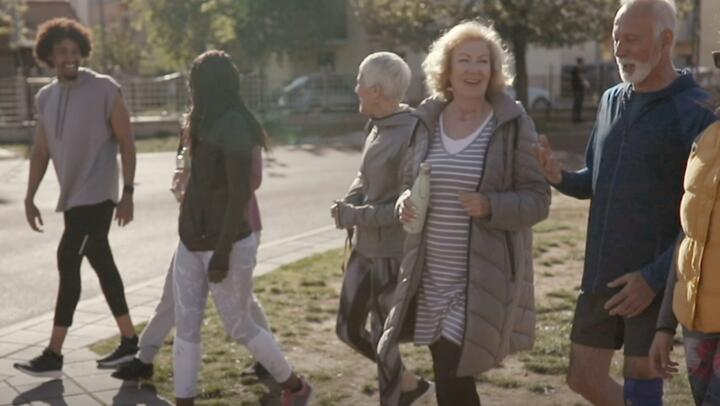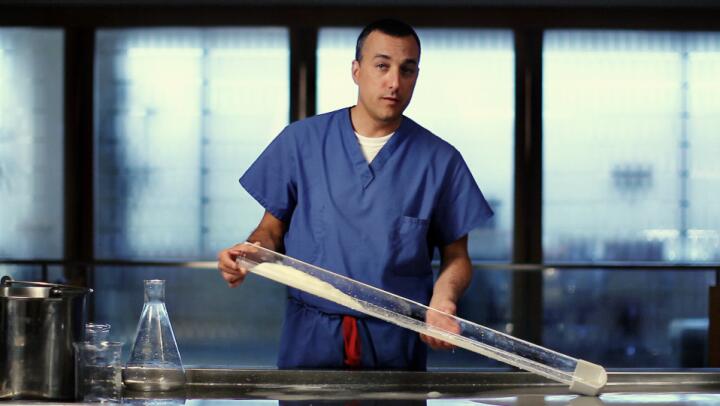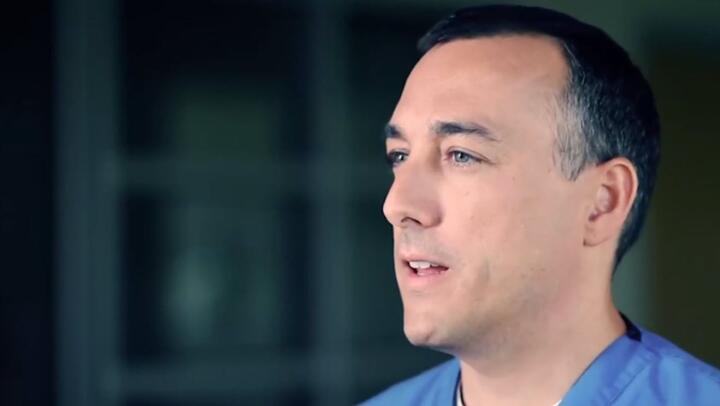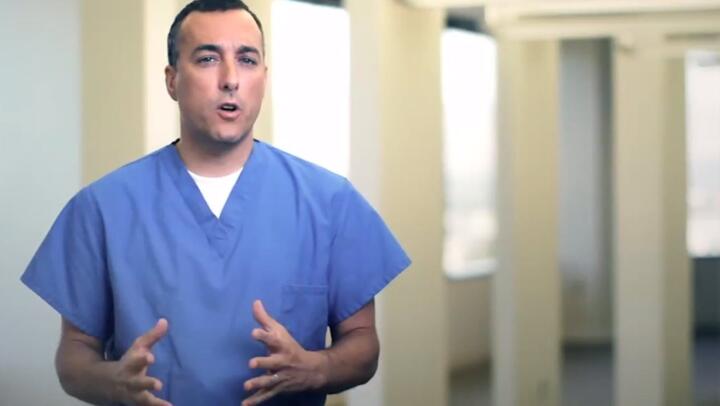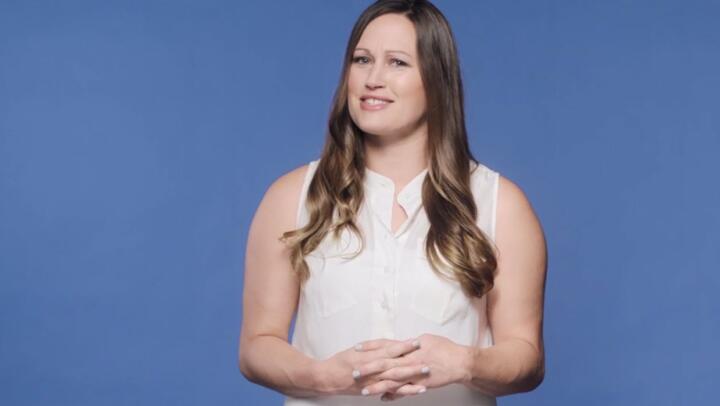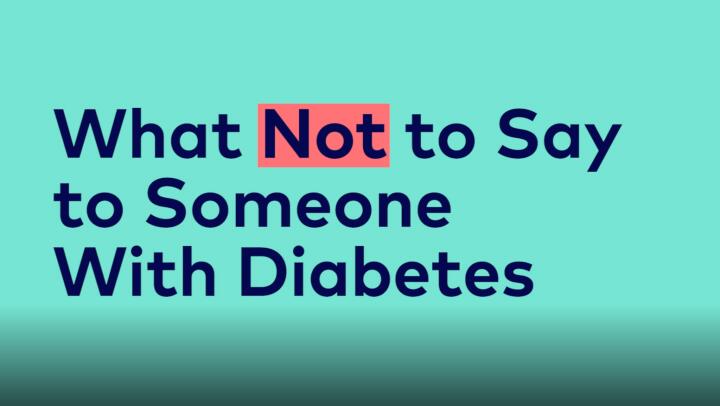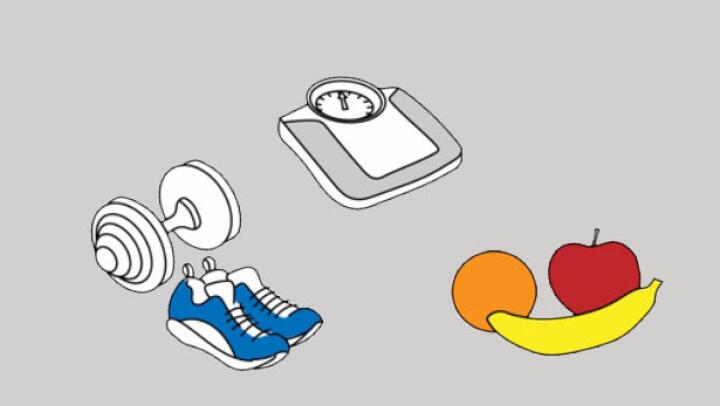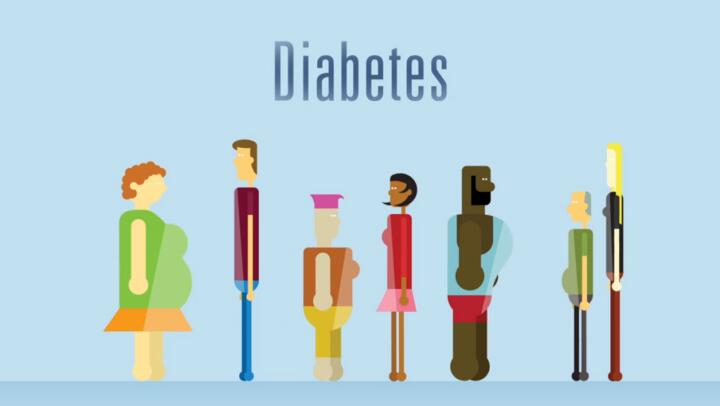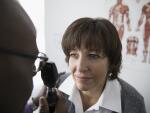I was diagnosed with type 2 diabetes in 2011 when I was 48 years old. One day, I had just finished lunch—which involved a cheeseburger, some french fries, and probably half a gallon of sweet tea—and I came back to work and suddenly felt like I was having a heart attack. My chest tightened up, my left arm was numb, the left side of my face was a little numb: I was sure I was having a heart attack or a stroke.
I had someone drive me to the hospital, and after some testing, the doctor told me it wasn’t a heart attack or stroke. They did some other tests, put me on a saline IV and left me in a room for a little while. After about an hour, a nurse came in and said, “You know, you’re supposed to tell us if you’re diabetic.” And I said, “I’m not diabetic.” And she said, “Oh, you are diabetic.”
So that’s how I found out I had type 2 diabetes. The average person should have a blood sugar reading between 80 and 120 mg/dL. My blood sugar level was 480 mg/dL. Essentially, I was pumping syrup through my veins. My heart couldn’t pump that; that’s why it felt like I was having a heart attack.
The doctors got me leveled out and let me go, after telling me to see my general practitioner about diabetes management.
This all scared the hell out of me. All I thought of when I thought of diabetes was that I was going to lose my feet and my eyesight. But I got online and did a little research. I learned this was a problem I could fix. Some people can even reverse their type 2 diabetes. So I kicked into gear.
That night, I took a look at how much sugar I’d ingested that day. Since I went to the hospital after lunch, I’d only eaten for half a day. I calculated that I’d already eaten 130 teaspoons of sugar. And I calculated how much sugar I’d eaten on the days before that, and it added up to at least 200 teaspoons of sugar every single day. It was clear to me that I was the cause of this. I’d stopped caring about my diet, stopped exercising, stopped drinking enough water. To make it really hit home, I took out the bag of sugar from the cabinet and physically scooped out 130 teaspoons of sugar so I could really see what I was putting in my body.
So I started eating really cleanly. I basically cut out items like pasta, potato chips, and sodas—all my favorite foods—from my diet. My doctor started me on metformin to lower my blood sugar, and I took one pill two times a day. I started walking around my office building five times a day to get more exercise. And I made sure I was drinking a lot of water. Focusing on diet, exercise and hydration, along with the metformin, got my blood sugar levels between 80 and 120 mg/dL. I was really diligent about it.
I saw my doctor once a week for the first month and a half, because she wanted to make sure I was learning about the disease, checking my blood sugar levels like I should, eating well, etc. About a month and a half in, she said she noticed my readings were generally always between 80 and 120 mg/dL. She told me if I stuck to this new routine, it might be possible to go off the metformin. That really scared me. But I wanted to try it.
Since then, I’ve managed my diabetes with diet and exercise. I check in with my doctor every so often and I still check my blood sugar one week out of every month, just to make sure I’m still in control.
I’d be lying if I said I never slipped. I still crave sugar and fatty foods. But I try to limit it. It comes down to understanding the consequences. If I really want a bowl of ice cream, I know I’m going to have to go walk a mile afterwards to use that energy right away. If cookies are in front of me, I’ll eat the entire box, so I know not to bring things like that into the house that often. I’m lucky because I have a wife and two kids who keep an eye on me. If I have something sweet, they’ll always say “Not too much!” or “Didn’t you already eat a cookie today?”
I’m not perfect. But I have a pretty good system going now, and I’ve never had a blood sugar reading as high as I did that day. I decided to take control and I did.
Jeff Trotti is a neuromuscular massage therapist who lives with his wife and children in Atlanta.





